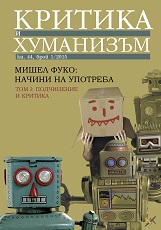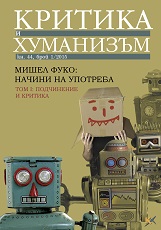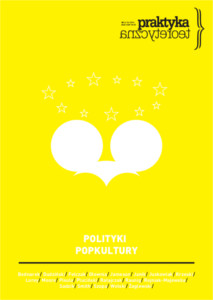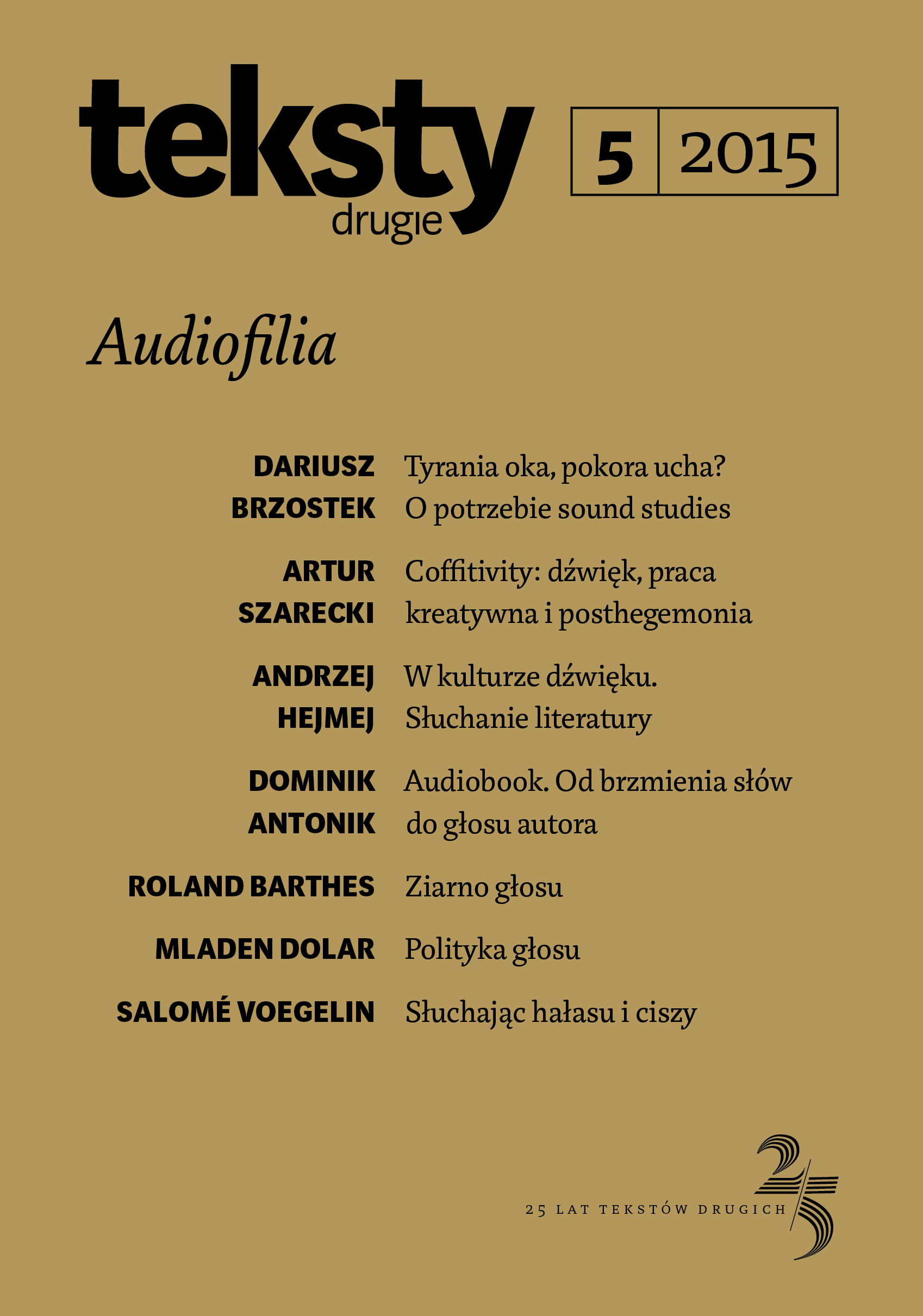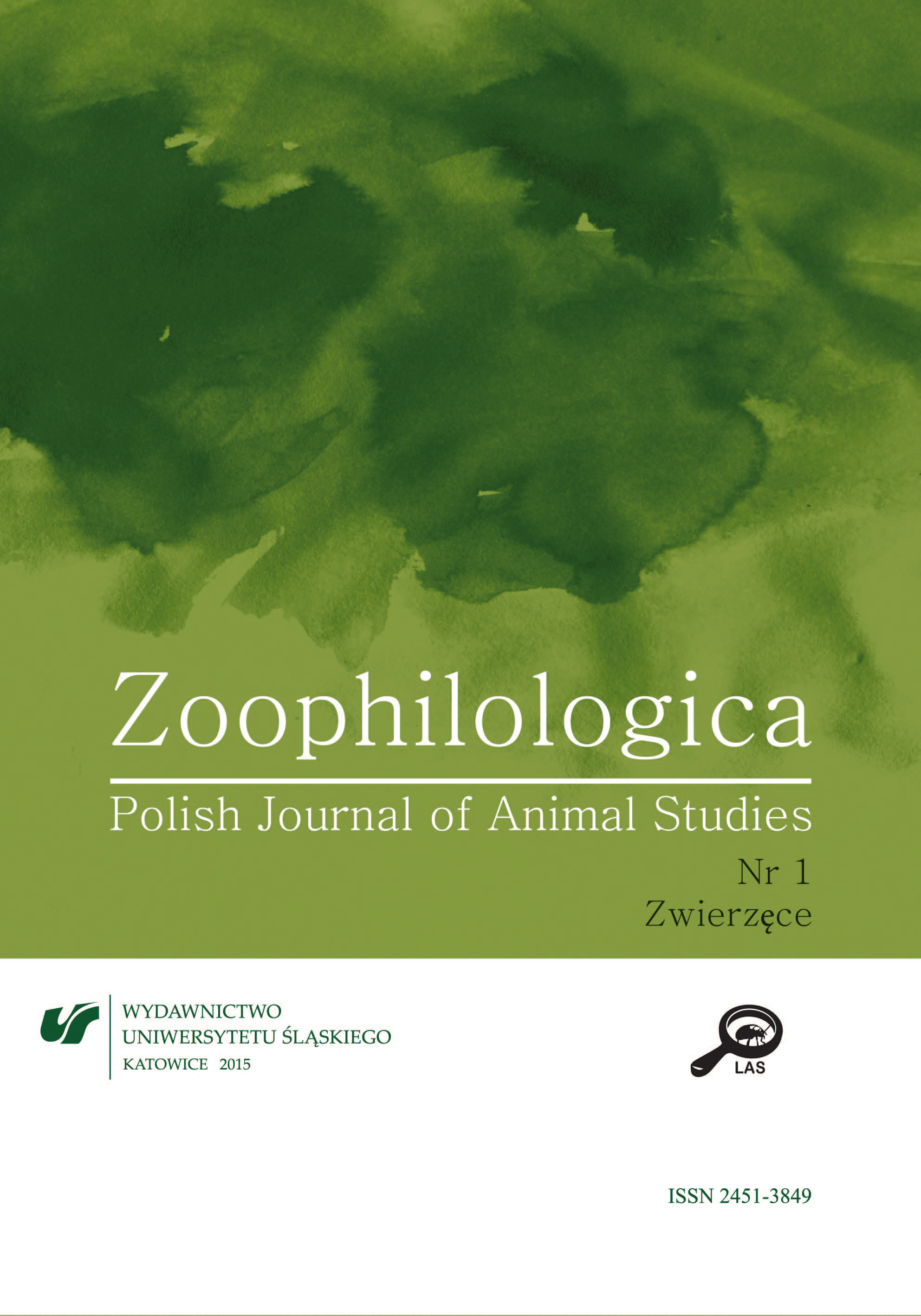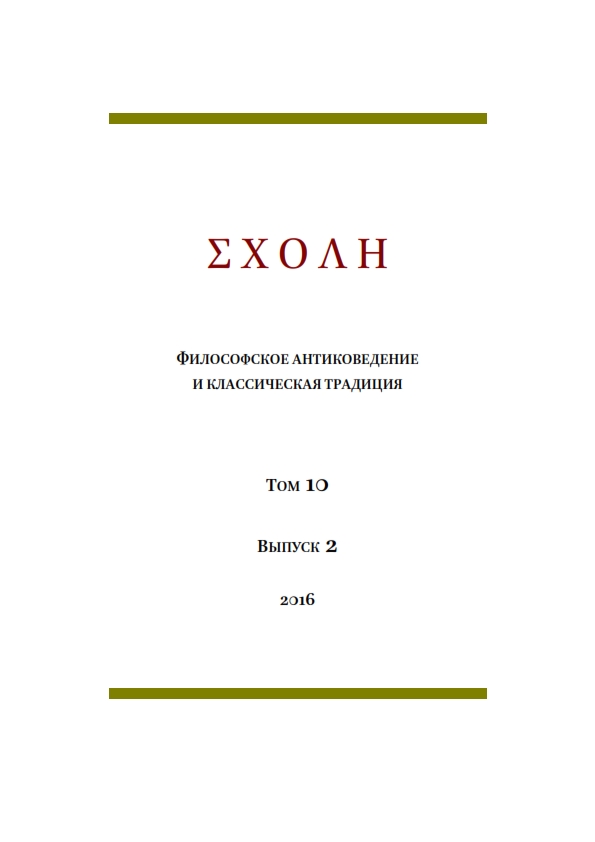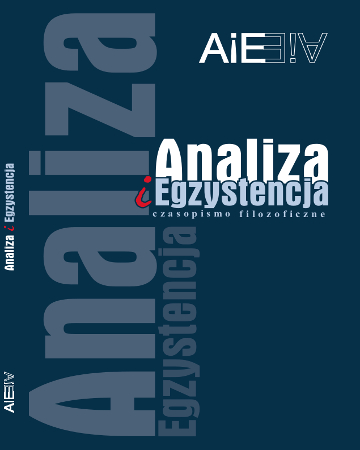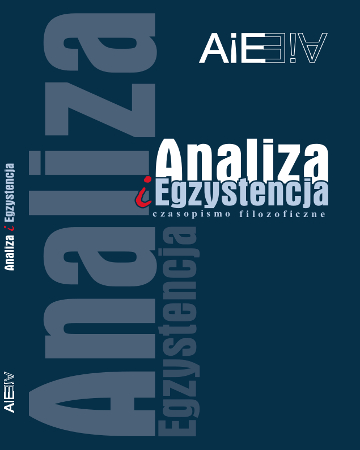Author(s): Dimitar Vatsov / Language(s): Bulgarian
Issue: 44/1/2015
Here I examine the performatives of truth-telling as entirely practical – everyday – gestures similar to “accountable actions” in Harvey Sacks’s conversation analysis. According to Sacks, in an everyday conversation, to give an “account” of yourself and of the situation is a standard “device” for overcoming an existing distance between interlocutors or a crisis in communication (as in giving “accounts” in family rows). Three main practical functions can be identified in such everyday accounts: (1) avoiding a crisis in the coordination of action by (2) objectifying the situation (3) for the purpose of further coordination of action. The hypothesis here is that truth-telling performs the same three functions, but takes them to a higher level: truth-telling may turn out to be a specifi c type of an extremely tense account – telling the truth is like giving an account in exceptional circumstances, an account which, itself, is exceptional because it claims to be “ultimate”. Finally, the performatives of telling the truth are gestures of providing ultimately generalized examples, instances, samples, models to be followed. The novelty of this approach is not merely in the comparison to “accounts”, but also in its implications for, above all, cultural studies and political philosophy: If we succeed in demonstrating that truth-telling is such an extreme practical gesture, then we will be able to achieve simultaneously several secondary objectives: (1) to explain the “exceptionality” coefficient in a number of cultural-historical as well as contemporary forms of institutionalization of truth (an oath to the gods or to the Constitution, confession, interrogation, testimony, even inquiry as inquisition in the sense of Michel Foucault); (2) to explain also why truth-telling in everyday life, where we rely on routine coordination of actions, is practically such a rare – exceptional – gesture. But also (3) if telling the truth is a functional device for overcoming distance through objectification, then it is not surprising that despite the substantive variety of the cultural forms of institutionalization, the role of “accountability” – but also the role of “truth” – has been progressively growing since antiquity as a main institutional stake in the ever more mass societies. At the same time, (4) insofar as telling the truth is an entirely and solely situational practical gesture of giving an “account”, the “place of truth” as an institutional stake of democratic policies must be kept as an “empty place” open to contestation, justification, and new proposals.
More...
